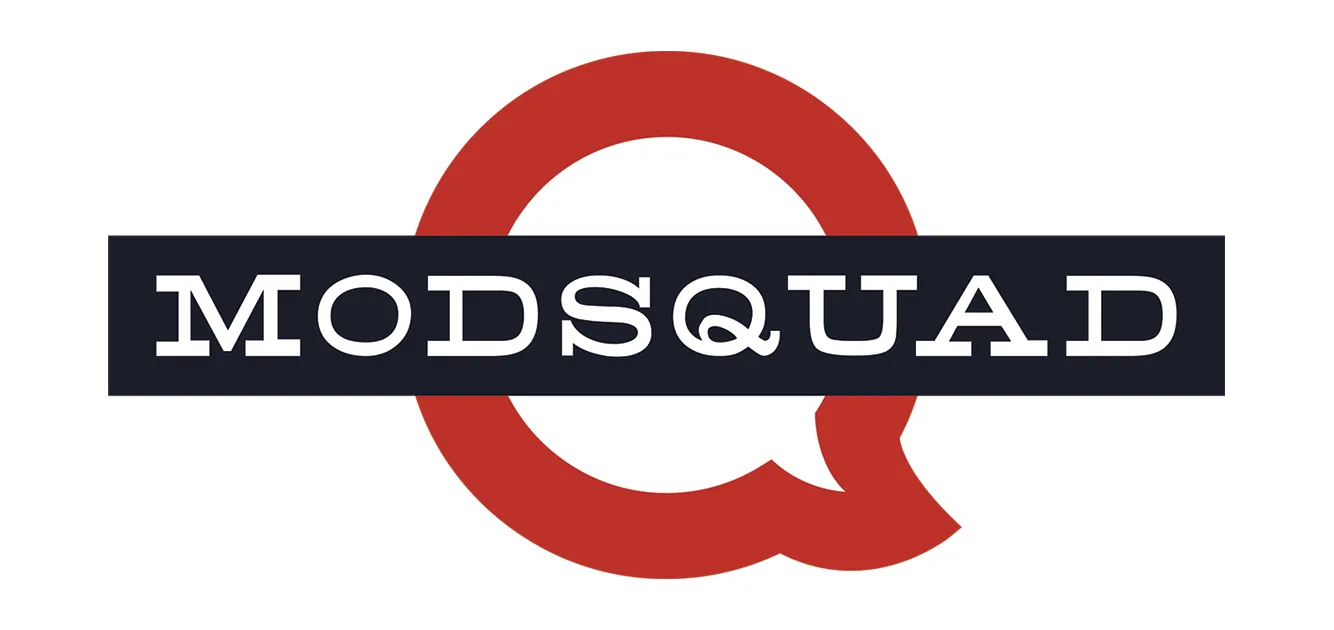
We Made the NYTimes, and Why the Researcher Was Wrong
By Sanya Weathers
Metaverse Mod Squad made the New York Times over the weekend, and we’re all over the moon. It’s a great article across the board, though I confess my favorite part is the first bit, with the example of how proper community work, taken seriously by informed executives, can avert a customer service mess and a public backlash. Every community manager has a million of these stories, and it’s just awesome seeing one in the New York Times.
Community is not a frill or a luxury, it’s an integral part of business strategy. But I digress.
The thing that made the article even sweeter to read was the drop of bitterness I had to swallow on page three. (Contrast, the secret ingredient in every recipe.) Let me quote:
Melissa Parrish, an analyst at Forrester Research specializing in interactive marketing, said a possible drawback of outsourced moderating was that “you have someone who’s not embedded in your company talking as if they are.”
There are plenty of things that work better if the employee is physically integrated into the team, especially things that require constant interaction (as in multiple times an hour). Certainly when I set up programs, do collaborative design on a tight deadline, or need to train an entire group of people, I like to have at least one onsite meeting. If I’m going to be discussing topics where nuance and tone really matter, I can’t beat being in the room.
But when it comes to speaking on behalf of a client, executing a client’s design, and handling customers, there’s no drawback to outsourced moderation or even community management. None. There’s just good communication and bad communication – and you can have bad communication with someone sitting in the same room. Furthermore, having a professional work remotely is infinitely superior to a beginner right there in his cube fumbling with your first impression and your reputation.
Modern technology means you can have that professional with no fuss, muss, or relocation expenses.
This “drawback” stuff is, in my opinion, an outgrowth of the attitude that says an employee can’t be accountable unless you can watch him. I entirely reject that attitude. I have been working remotely for four years now, and I’m not sure I’ll ever go back to a traditional office job again. Without having to waste time on a commute, on all the non-job-related nonsense, or distraction, I’m far more productive than I ever was. I also do a wider variety of things and interact with more people.
With tracking tools, good communication, and professionals on both sides of the contract, success with outsourcing is more than possible. It’s guaranteed.
* note from Amy: I love Sanya’s passion for our model and agree with her points. That being said, I do very much understand why some clients need a person on site and we currently provide many on site community managers to many of our clients to coordinate marketing, development, artistic and of course the off site moderation team. Both models work wonderfully.

